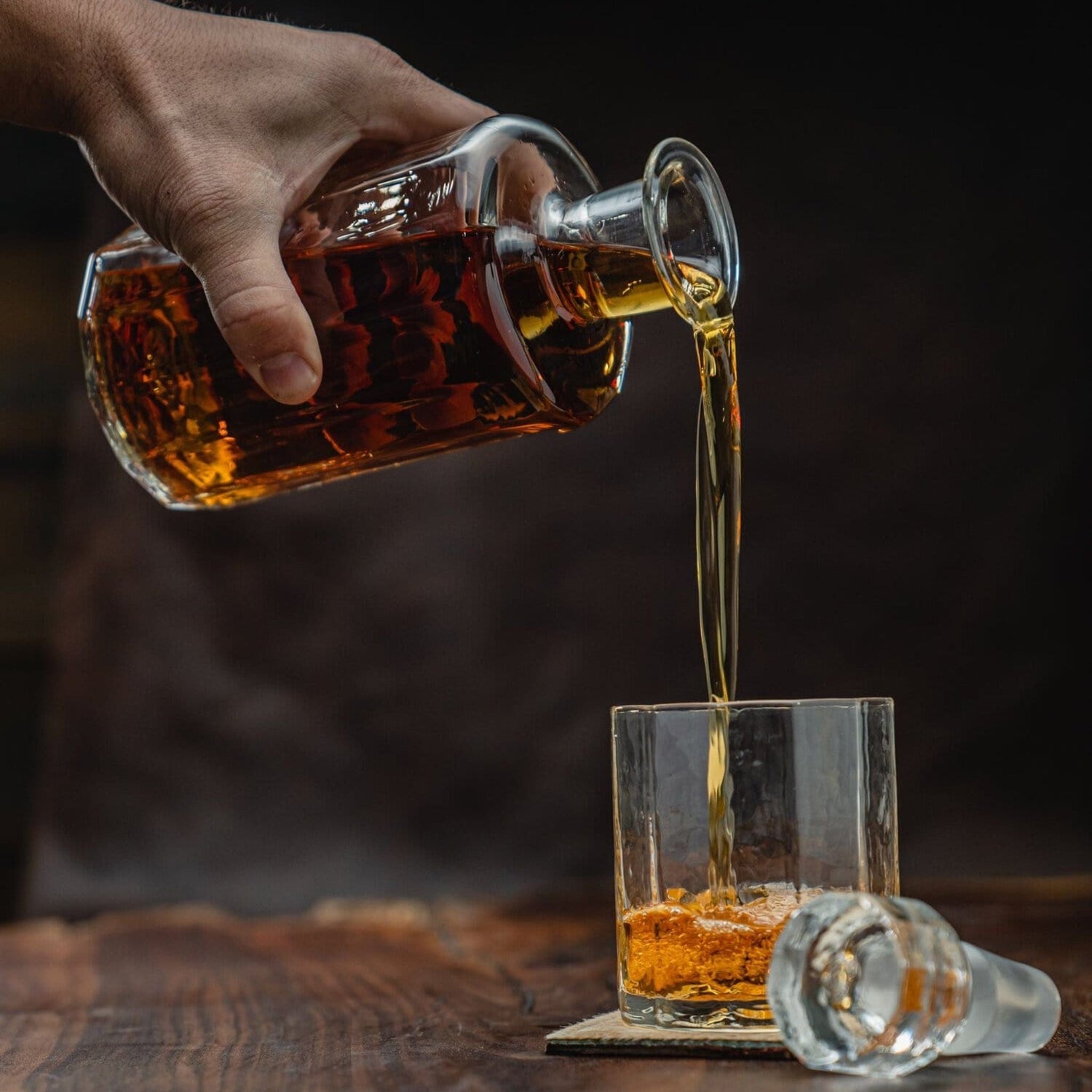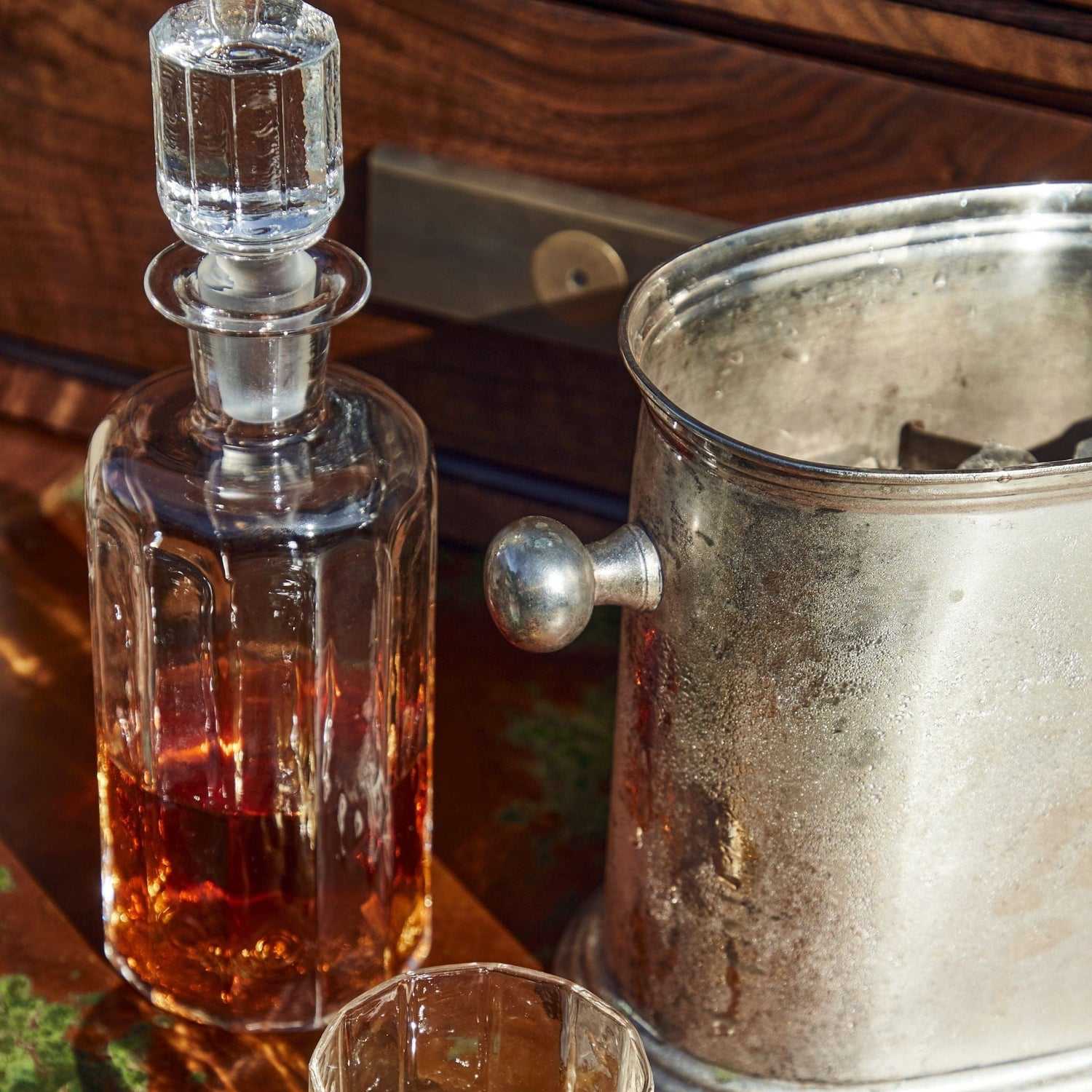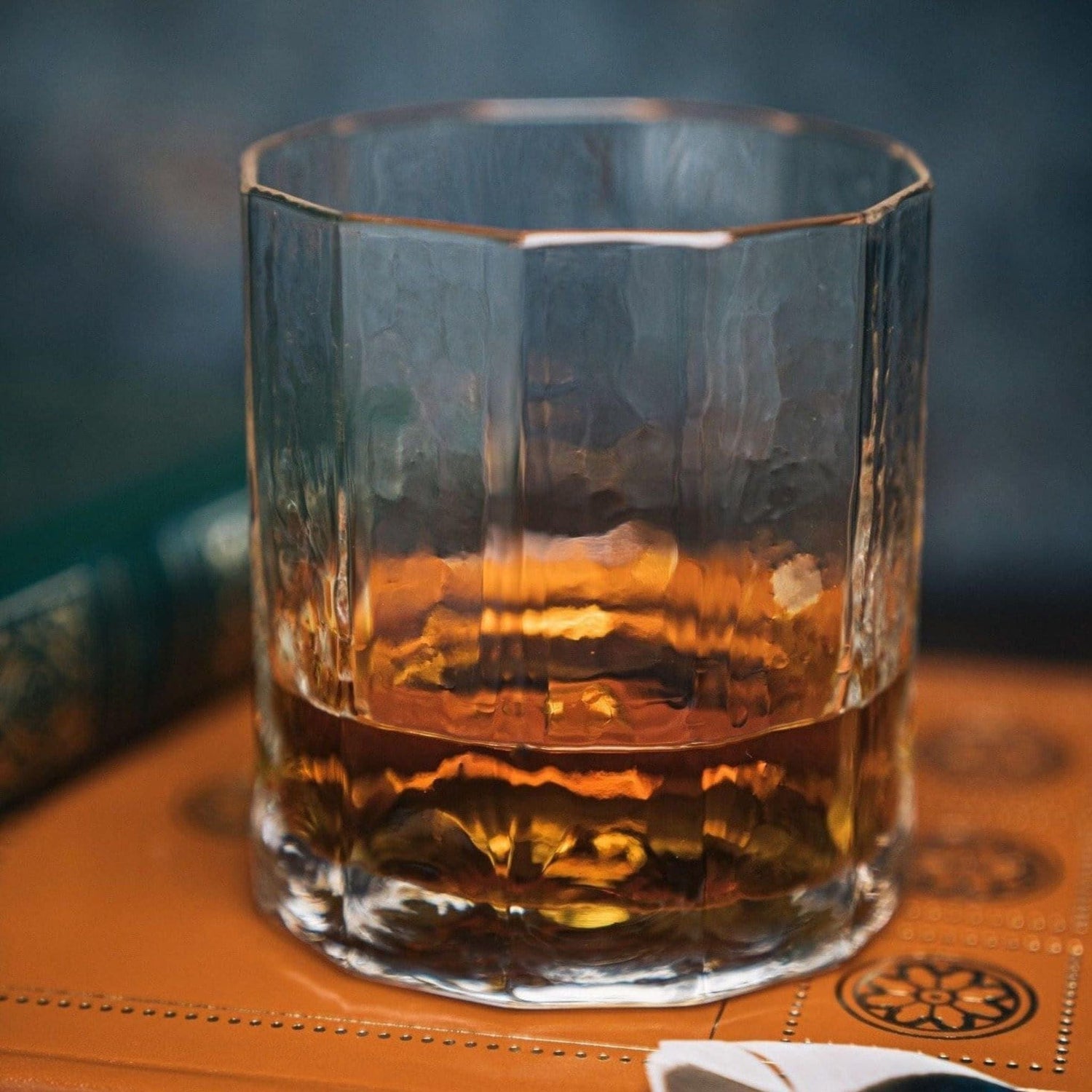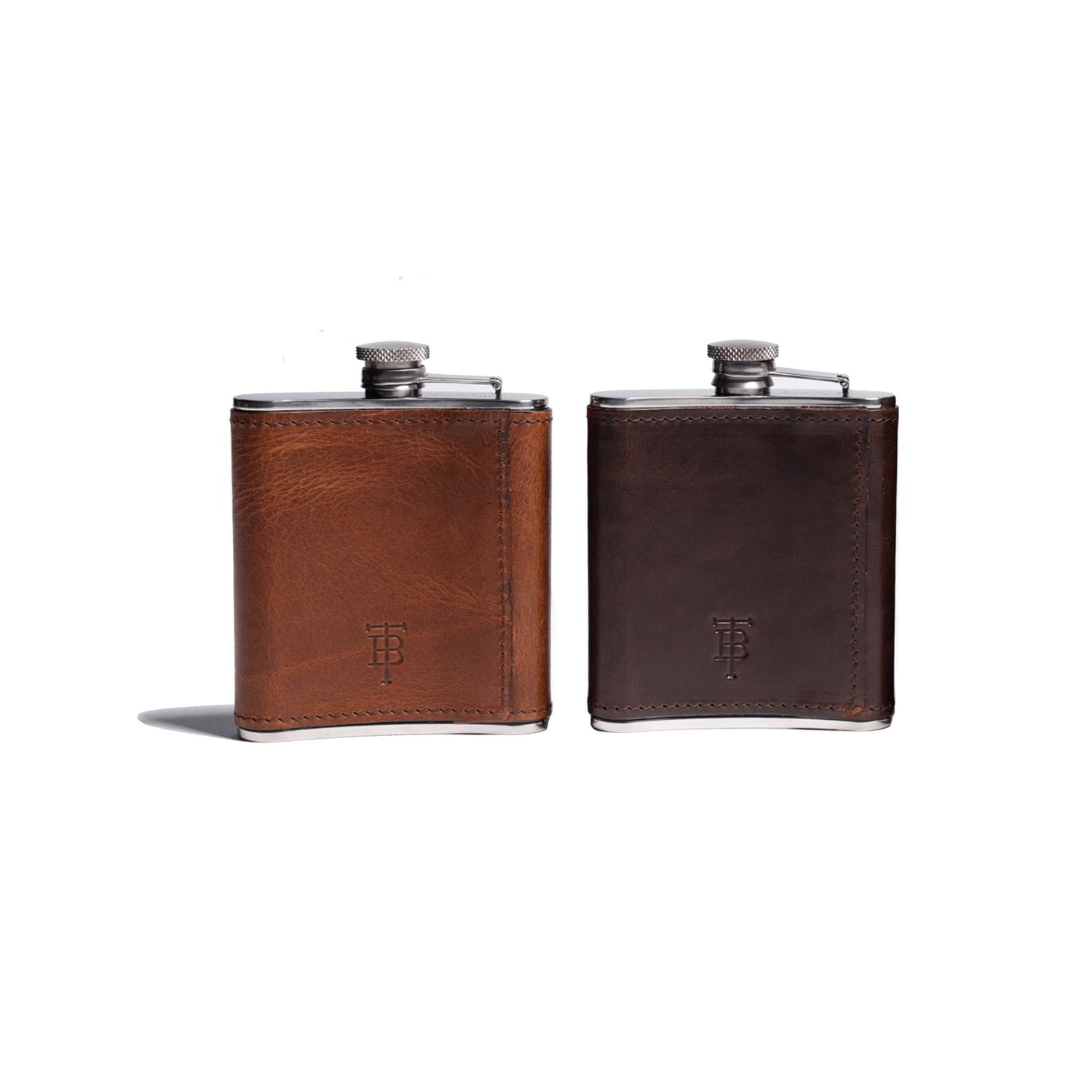I was new to the Russian style of dating. So new, in fact, that I didn’t realize the day was a date until halfway through.
It was mid-summer on the Russian Arctic tundra. Life had fallen into a routine of daylight, twilight, Atlantic salmon, and mosquitoes. Biblical numbers of mosquitoes. Mosquitos so thick we’d taken to wearing our waders and wading jackets even when we weren’t on the water, as at least Gore-Tex provided some sort of mechanic barrier against the tundra demons.
It was my first day off in weeks—I’d lost count how many—and Alexei, one of the mechanics, asked if I’d like to go for a hike and a picnic.
At least I thought that was what he asked. My Russian was still blossoming, and his English was non-existent. Tall, cute, and oh-so-very Russian, he’d come freshly from their military, where he’d done something pertaining to missiles. We never were able to translate what, exactly.
Alexei’s (Lesha, he urged me to call him early on) idea of a picnic was an eight-kilometer hike across boggy, mosquito-covered midsummer tundra to reach a small Sámi cabin. Used by nomadic reindeer herders, the little wooden hut stood abandoned for the summer. Home to copious amounts of posters with scantily-clad women, one inexplicable Chanel bag hanging on a nail along one wall, and an ancient—yet still stout—stove, the cabin was a welcome respite from the blood-suckers buzzing outside.










